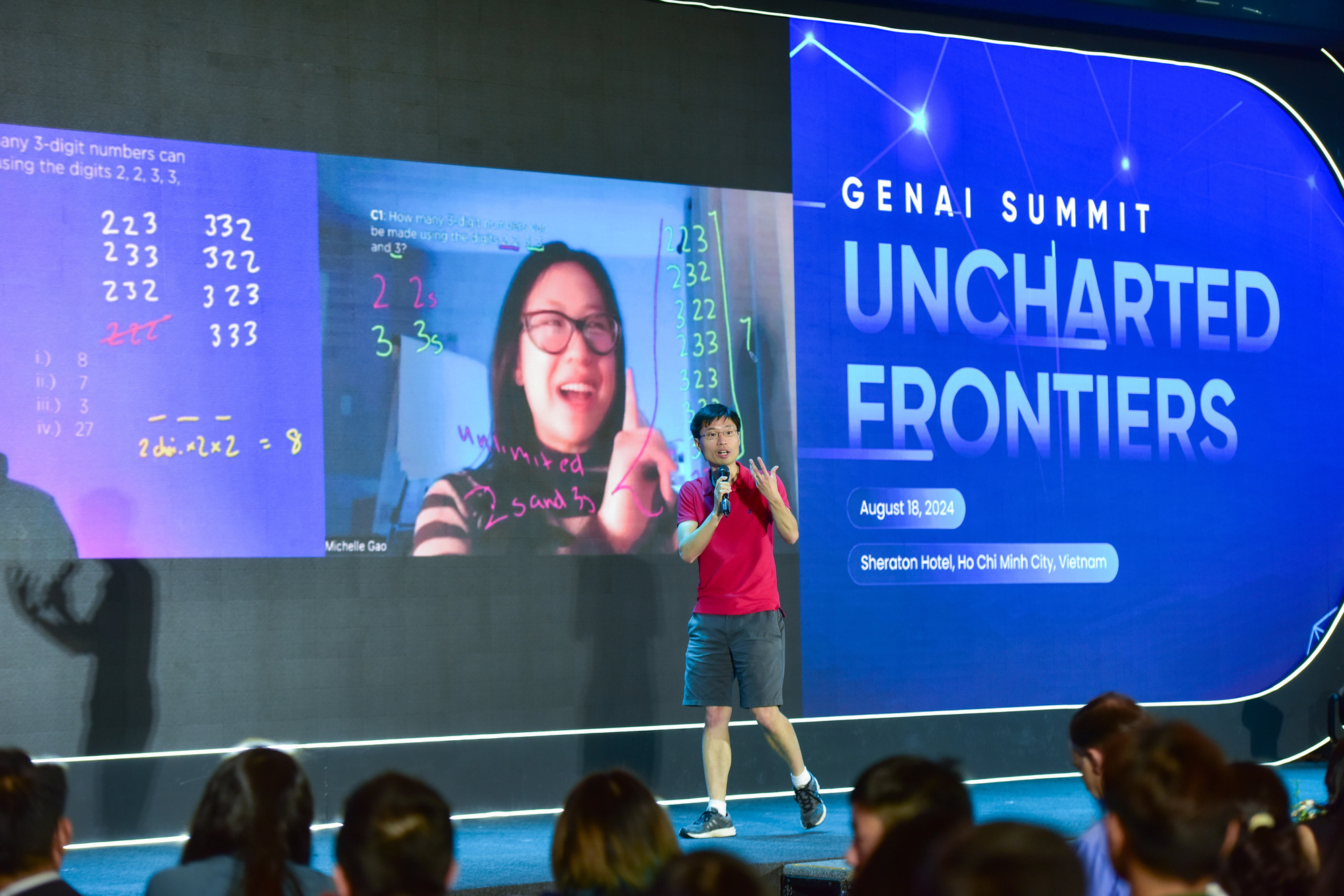
Professor Po Shen Loh shared about AI and mathematics at the GenAI Summit event in Ho Chi Minh City recently - Photo: TRONG NHAN
'You think we teach students the types of questions in the IMO exam. The truth is no, we don't even teach them anything about the exam. On the contrary, we teach things that never appear in the Olympiad exam questions'.
Professor Po Shen Loh affirmed this when talking to Tuoi Tre on the sidelines of an AI conference held in Ho Chi Minh City in August.
Different from the initial image of a professor at the famous Carnegie Mellon University (USA), a coach and a leader of the International Mathematical Olympiad (IMO) delegation of the US team for nearly 10 years, Professor Po Shen Loh appeared at the event in shorts and a T-shirt, looking no different from a university student.
Excellence comes from... self-study
* In the 2024 IMO, the US team excelled in defeating their "arch-rival" the Chinese team to win the number 1 position. This result must have made you very satisfied?
- Well, I want to say this. Personally, I have never tried to help the team win. In each exam, I just want the students to show themselves in the best way. Furthermore, I want with the knowledge they have, they can become good people, successful and can contribute more or less to society.
If our contestants win medals, the team wins, fine. And of course that's your result.
* When talking about the US IMO team, we have to mention the "training camp", or the Mathematical Olympiad (MOP) summer camp organized by Carnegie Mellon University for candidates who will participate in the IMO. Having participated in the organization for many years, can you "reveal" what is taught in this training camp?
- Our summer camp is very special. You might think that we will teach students the types of questions in the IMO exam. The truth is, no, we do not even teach them anything about the exam. On the contrary, we will teach them things that will never appear in the Olympiad exam.
What I did was to find former IMO participants who were now doing interesting work or projects. I told them to teach whatever they wanted. So one taught partial differential equations, one taught error-correcting codes, one taught probability. Last year, one taught Fourier series. None of this was on the Olympiad.
* It's hard to understand why, despite learning such "unrelated" things, the US team's contestants still do very well on the test and their collective achievements are often in the top 3 leading countries?
- That's because the candidates have studied very hard on their own. They don't need us to teach them. Our candidates have very good self-study abilities. It can be affirmed that our students improve thanks to self-study, not because we teach them. This is also the reason why most of them later make great progress because they learn by discovering for themselves, not relying on us.
So for these students, our bigger goal is for them to envision their future development paths with mathematics. They will be exposed to the fields where mathematics is applied to see which development direction is suitable for them. Their journey with mathematics does not stop at the competition but also their future career.
Learn logical thinking and problem solving skills
* In Vietnam, many people think that the way math is taught is quite old: teachers give problems, students solve them, and most problems already have answers. Is there anything different about teaching math in the US, sir?
- It's pretty much the same (laughs). I think the whole world teaches math the same way. And that's why my approach gets attention, because it's quite different. I also really appreciate teachers everywhere who are making math fun for their students every day.
* So, in your opinion, how should the teaching and learning of mathematics be directed towards change in the future?
- I think what students should learn through mathematics is logical thinking and problem solving skills.
Regarding logical thinking, people often think that math is dry and boring, but in fact, learning math gives students a logical way of thinking: from one correct thing can lead to another correct thing. And when learning how to assemble a logical chain like that, students can use this way of thinking for any job in life.
Problem solving skills are also extremely useful in life that can be taught through math in school. When faced with a math problem, where will you start, what clues do you have, how will you string them together, what are you missing, what do you need to add to solve the problem.
I always wish teachers could nurture ideas to solve a problem instead of letting students get used to the situation where teachers will show them how to solve a problem, then they just have to follow that solution with similar problems.
Personally, I don’t want to show my students how to do a problem so that they can copy that method for the next problem. I want to help them discover the why of each step of their problem-solving process: why they are adding, subtracting, multiplying, and dividing those two numbers together. From there, they have the freedom to approach a problem and solve it their own way, not only in math but in life.
* What do you think about Vietnamese candidates who have participated in the IMO exam?
- I had the opportunity to meet many former IMO Vietnam contestants. They are truly outstanding. Vietnamese students are famous for being very hard-working. Many former IMO Vietnam contestants are now working for many major universities and large corporations around the world. I personally admire them very much.
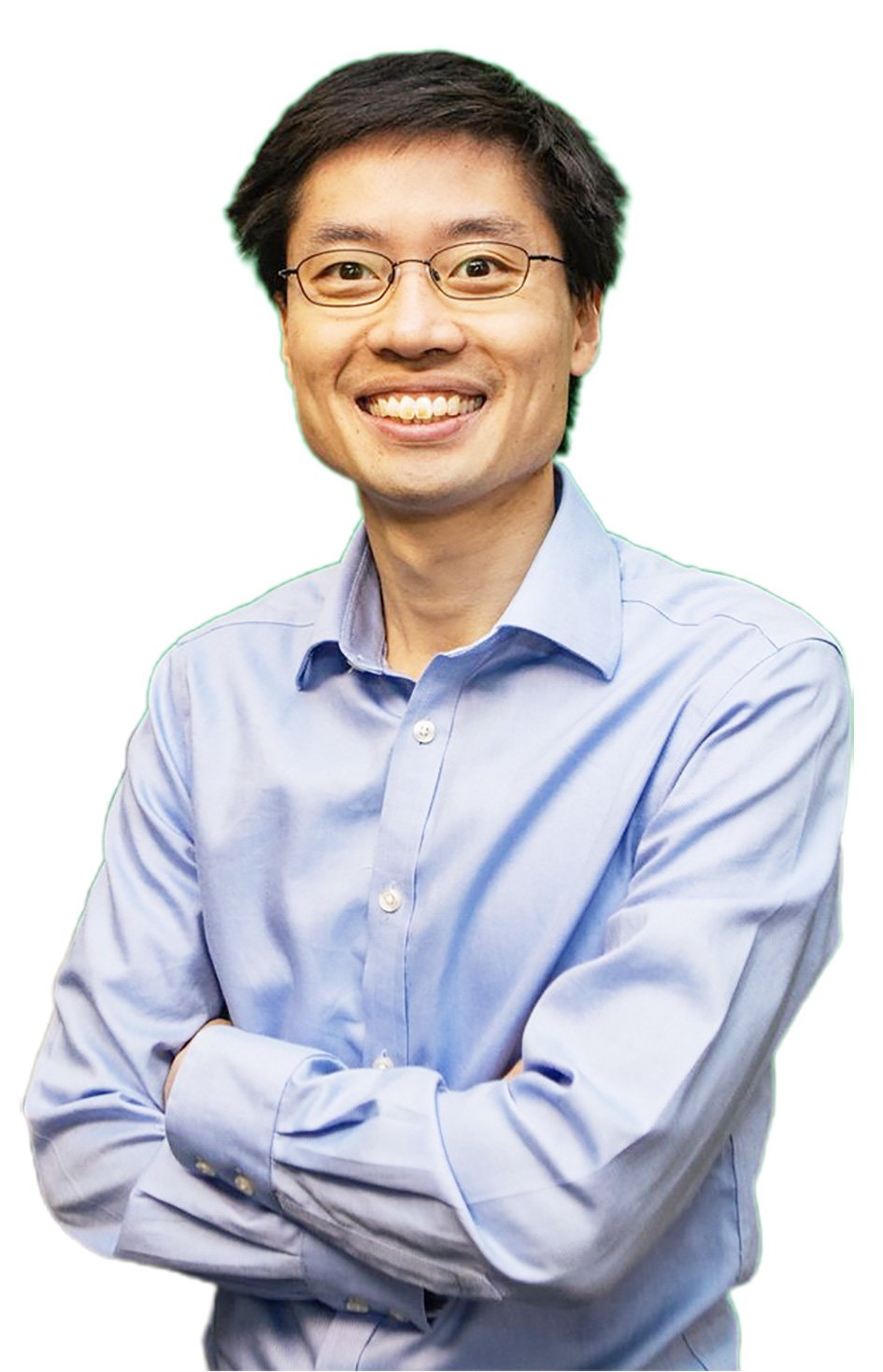
Rich in achievements
Professor Po Shen Loh (42 years old) started his career coaching IMO contestants for the US team in 2002 when he first worked as an assistant coach at the "training camp" (the Mathematical Olympiad Summer Camp - MOP). In 2010, he was appointed as deputy head of the US IMO team.
In 2014, he was appointed head of the US IMO delegation and served as national coach until 2023. During that period, the US team won the No. 1 position in the IMO rankings four times in 2015, 2016, 2018 and 2019.
Loh will no longer be the team leader in 2024. This is a remarkable achievement considering the last time before Loh the US team won the number 1 position was in 1994.
Po Shen Loh has been a professor at Carnegie Mellon University since 2010, where he teaches courses in discrete mathematics and extreme combinatorics. In addition to the MOP "boot camp", Loh also participates in running many seminars and math competitions at Carnegie Mellon University.
Inspirational person
Dr. Can Tran Thanh Trung - lecturer at the University of Natural Sciences, Ho Chi Minh City National University, 2013 IMO gold medalist - commented that Professor Po Shen Loh is famous for his youthfulness and great passion in the Olympic math movement in the US.
The professor has many unique approaches. For example, when building training programs for young people with a talent for mathematics, one of his principles is to orient them on what they will do and where they will be in 5 years.
"He is an inspiration to many students who are passionate about math, not only in the US but also to students in the Olympic math movement," Mr. Trung commented.
Source: https://tuoitre.vn/cuu-truong-doan-olympic-toan-quoc-te-cua-my-chung-toi-khong-day-hoc-sinh-giai-de-thi-2024082609205039.htm


![[Photo] Prime Minister Pham Minh Chinh receives delegation of leaders of US universities](https://vstatic.vietnam.vn/vietnam/resource/IMAGE/2025/3/31/8be7f6be90624512b385fd1690124eaa)
![[Photo] 2nd Conference of the Party Executive Committee of Central Party Agencies](https://vstatic.vietnam.vn/vietnam/resource/IMAGE/2025/3/31/8f85b88962b34701ac511682b09b1e0d)
![[Photo] Speeding up construction of Ring Road 3 and Bien Hoa-Vung Tau Expressway](https://vstatic.vietnam.vn/vietnam/resource/IMAGE/2025/3/31/f1431fbe7d604caba041f84a718ccef7)
![[Photo] General Secretary To Lam receives US Ambassador to Vietnam Marc E. Knapper](https://vstatic.vietnam.vn/vietnam/resource/IMAGE/2025/3/31/5ee45ded5fd548a685618a0b67c42970)


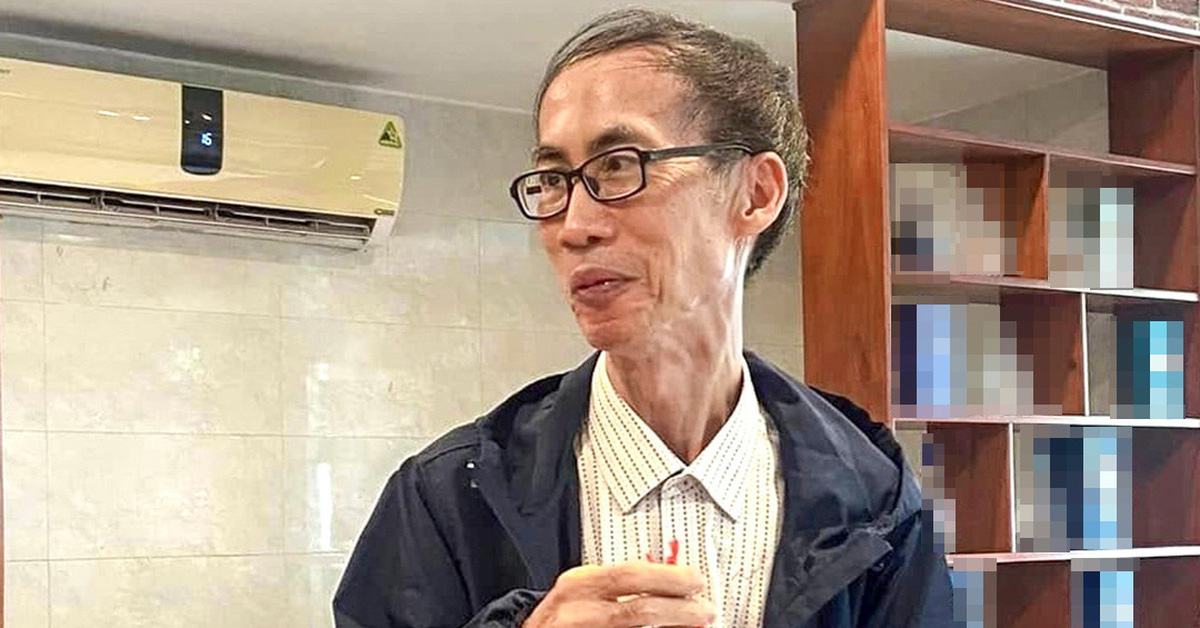
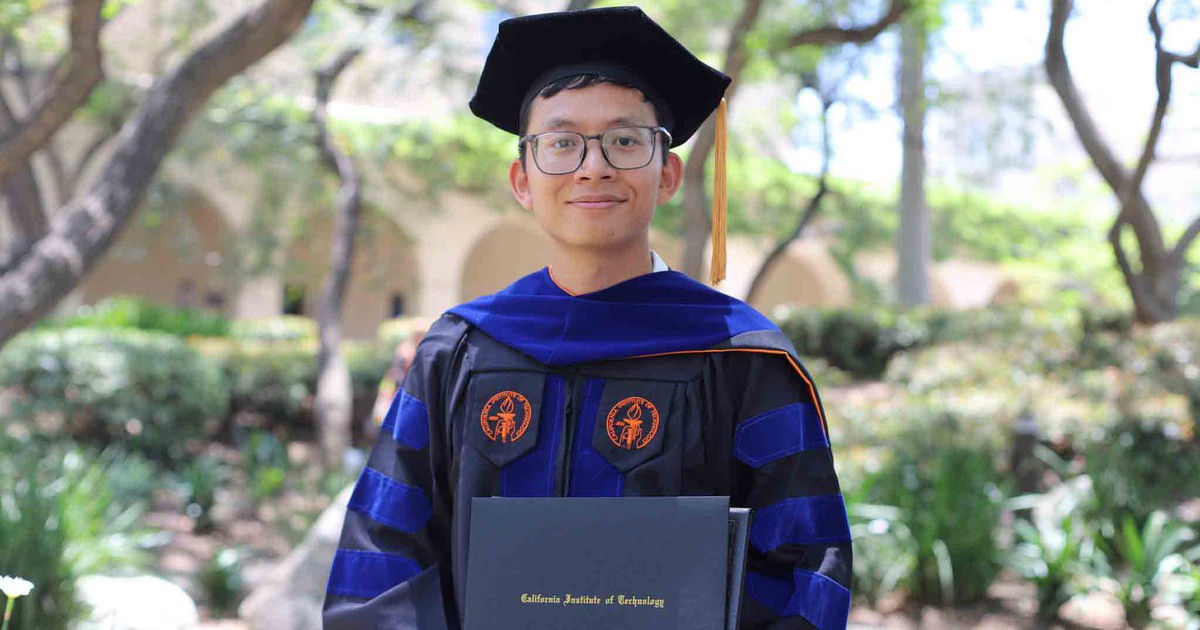

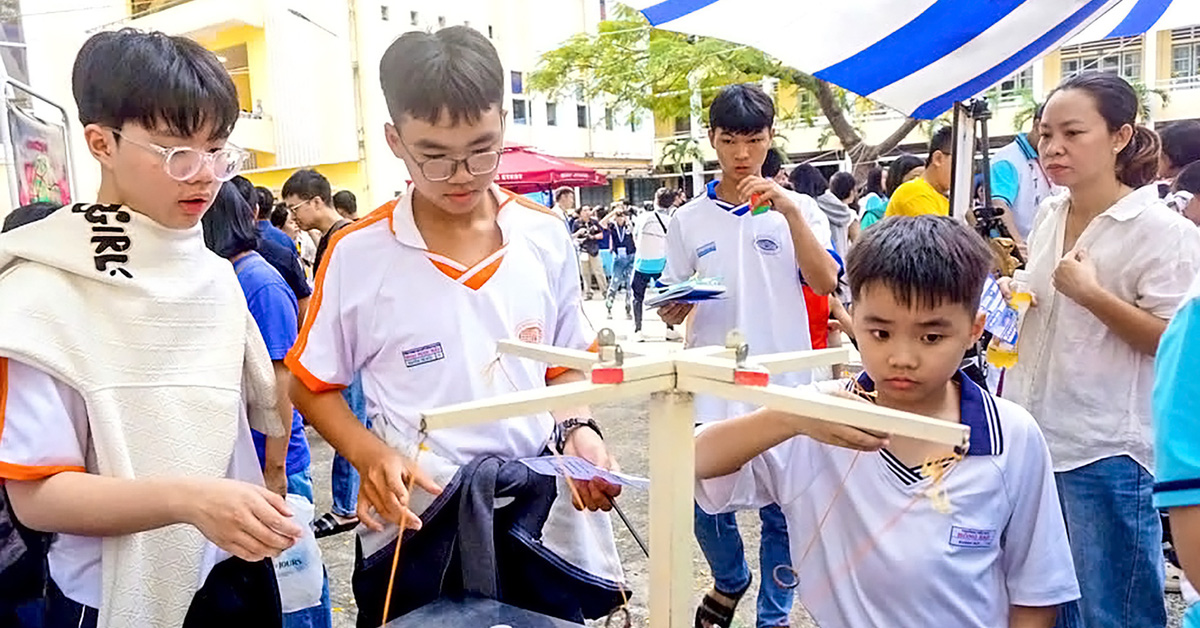

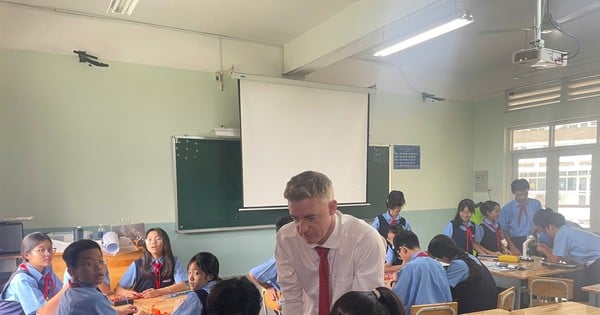

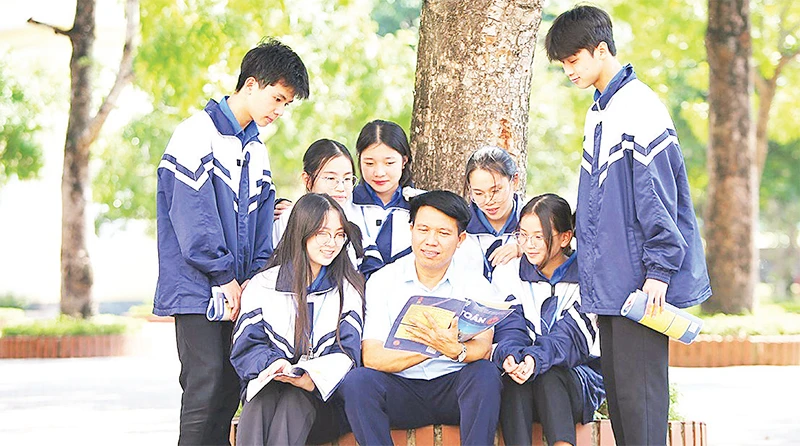

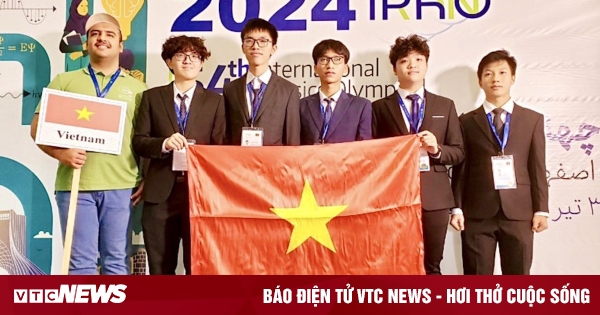


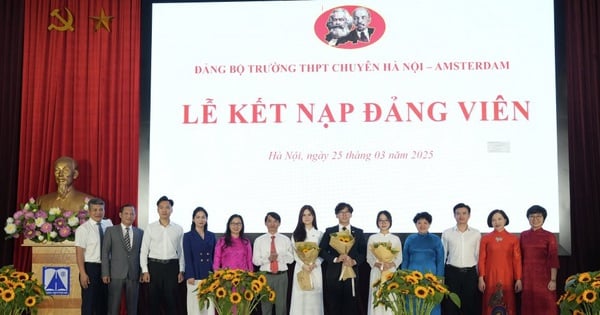
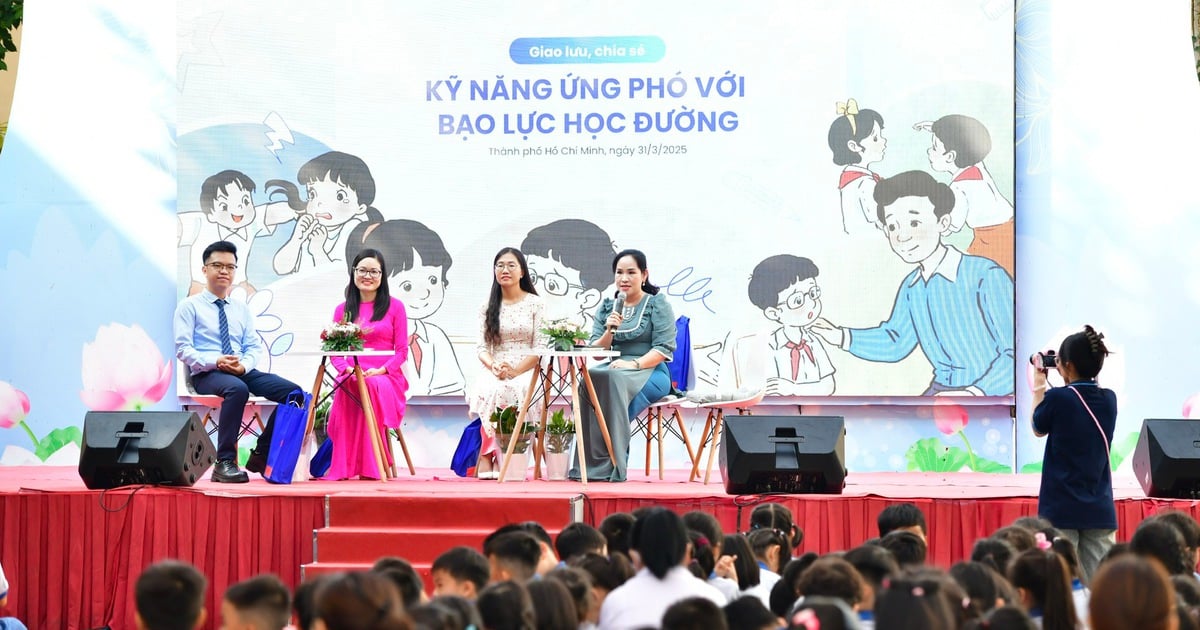
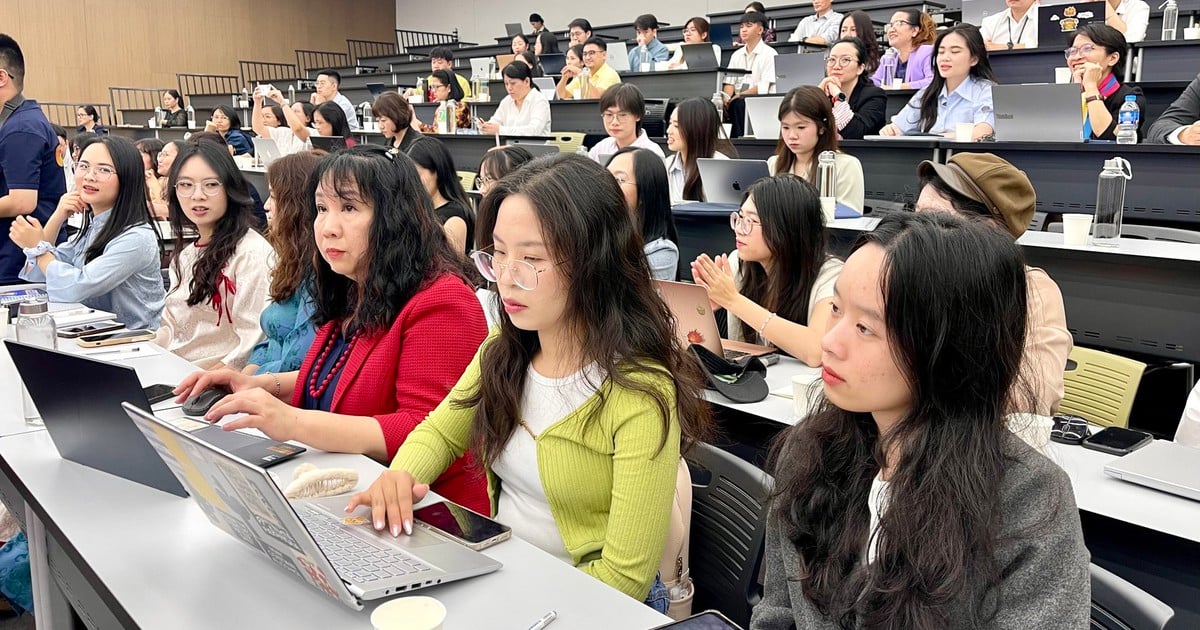
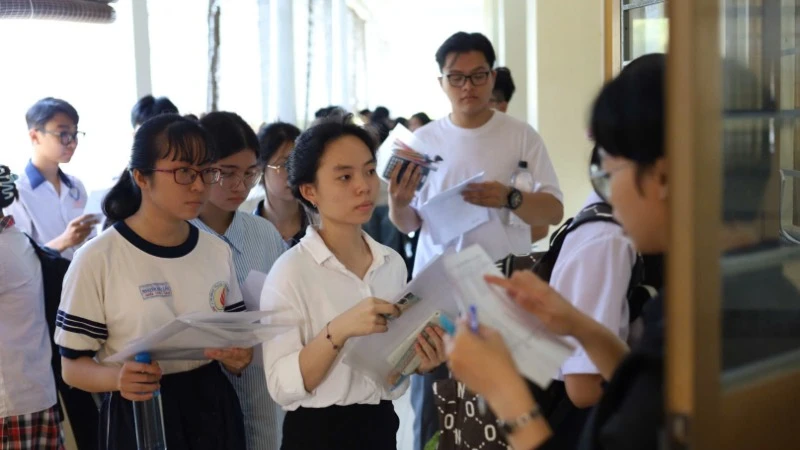
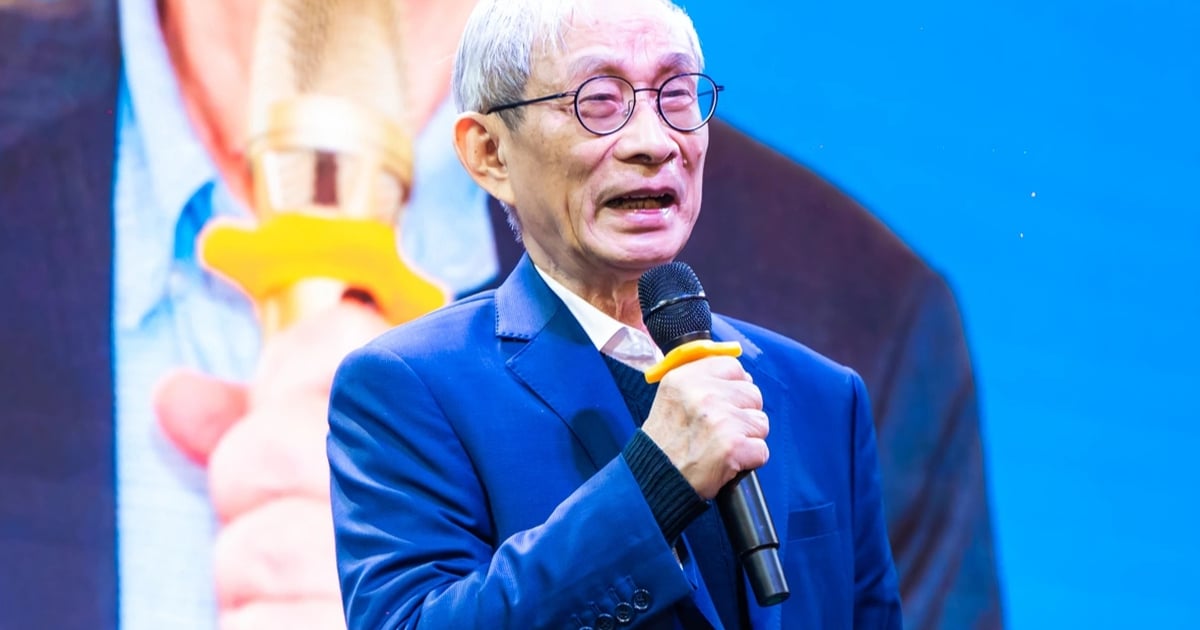



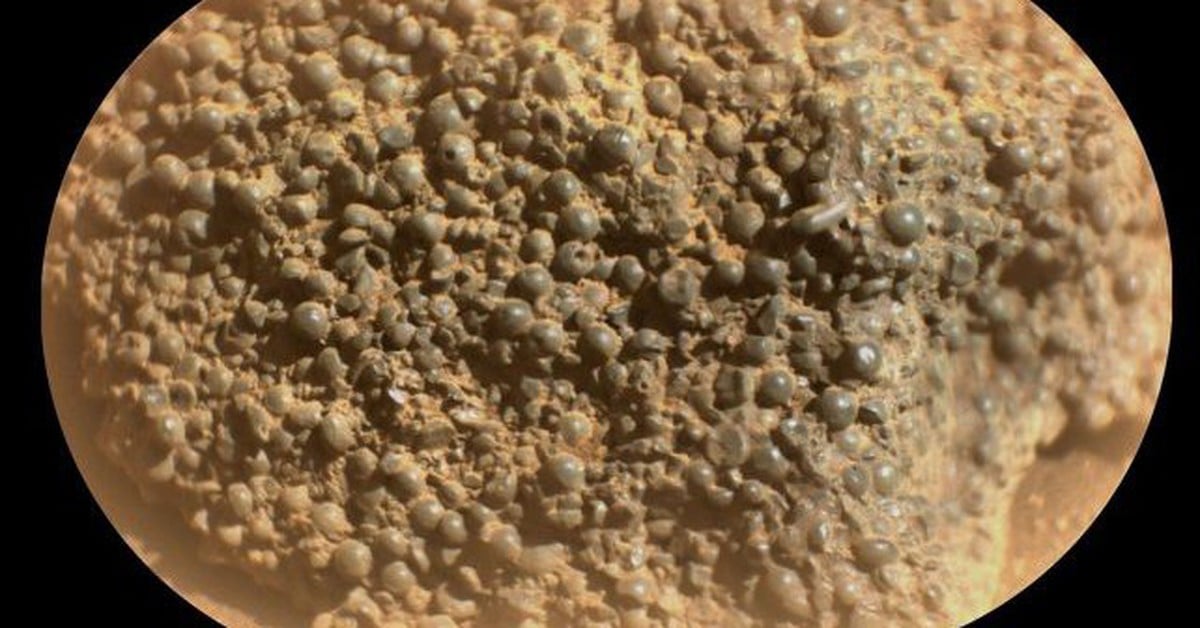

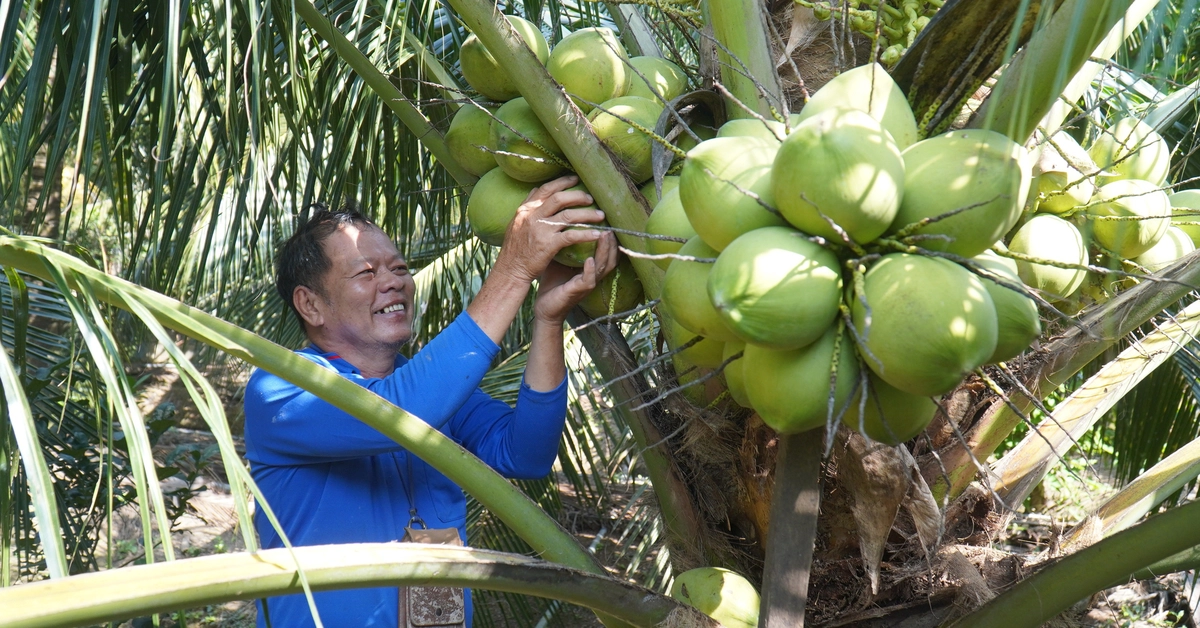
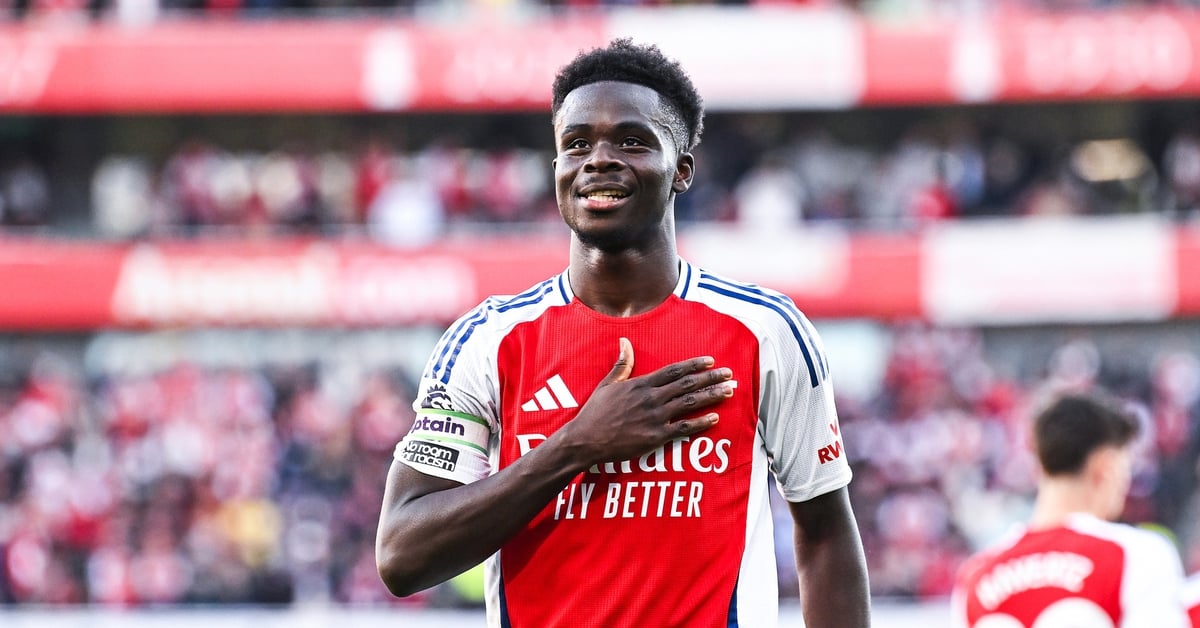














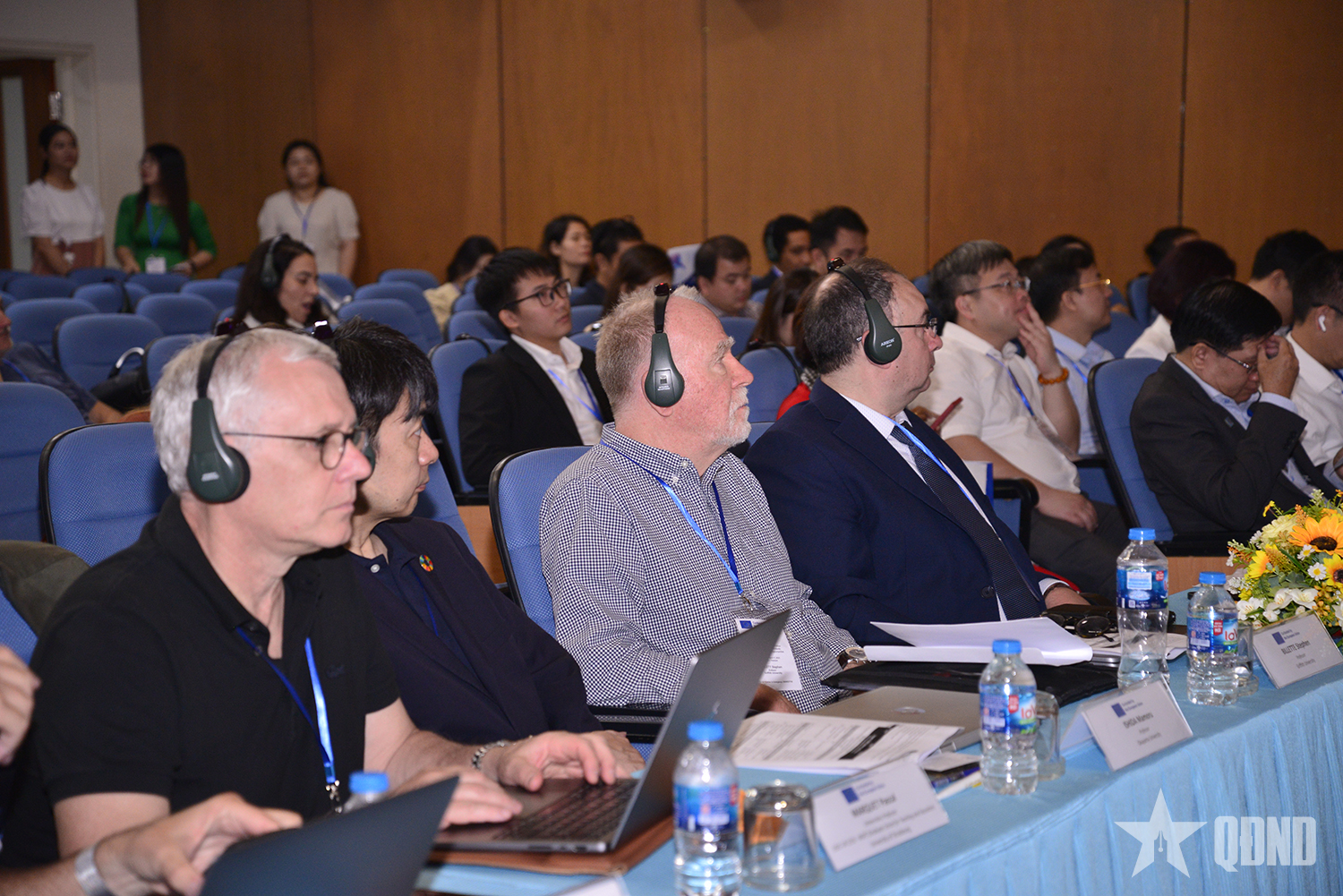

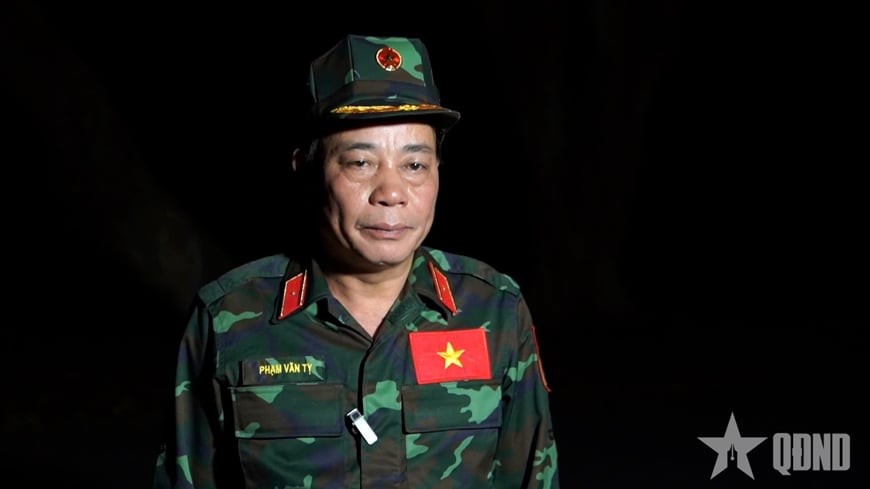
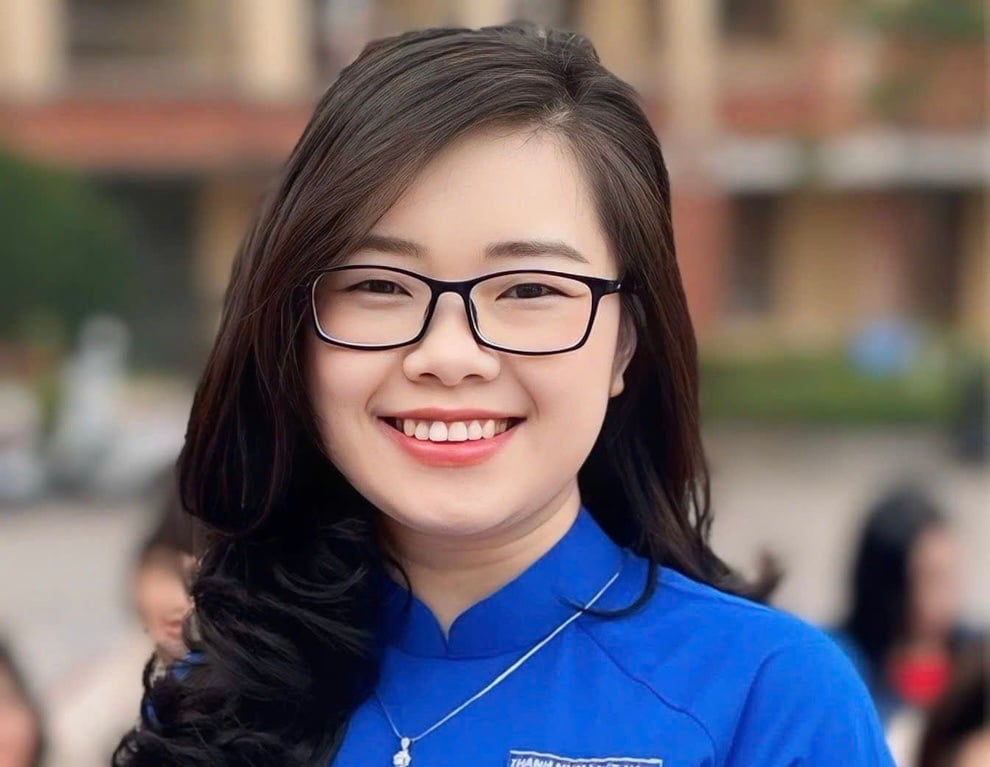

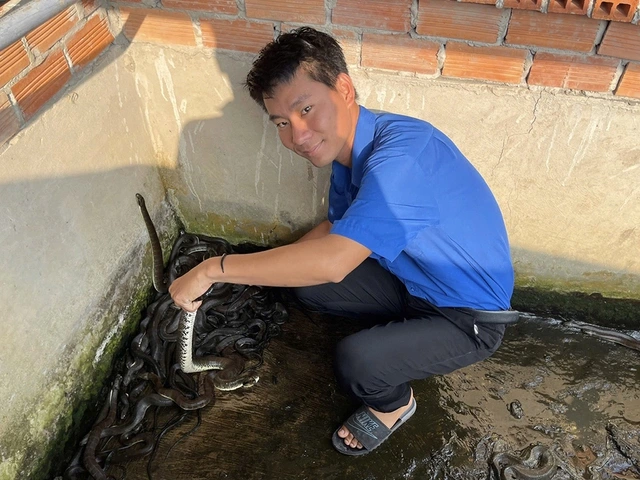

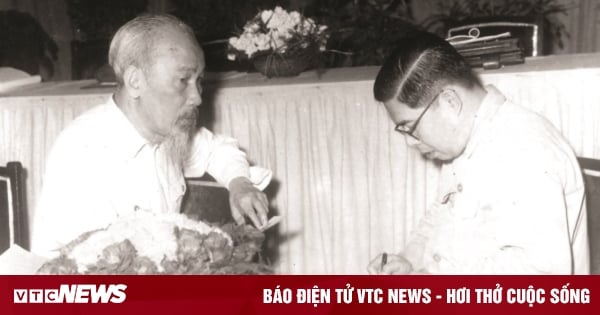








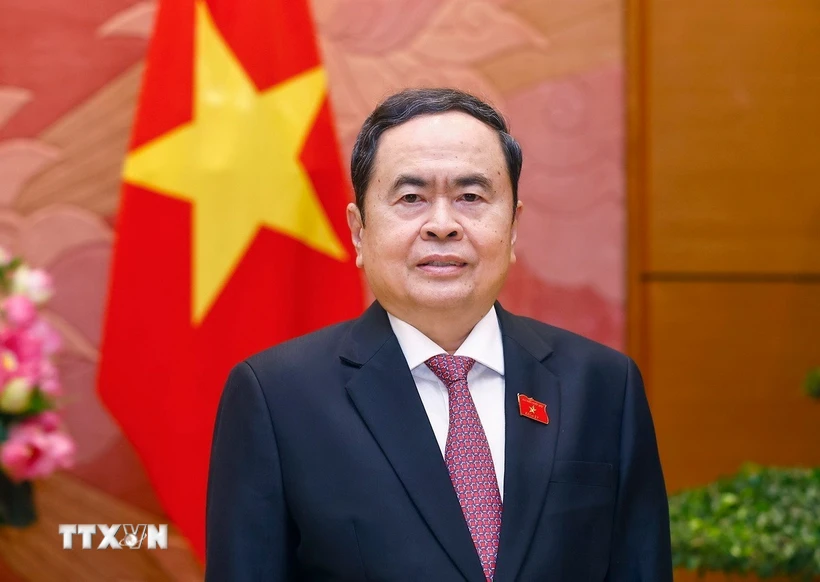


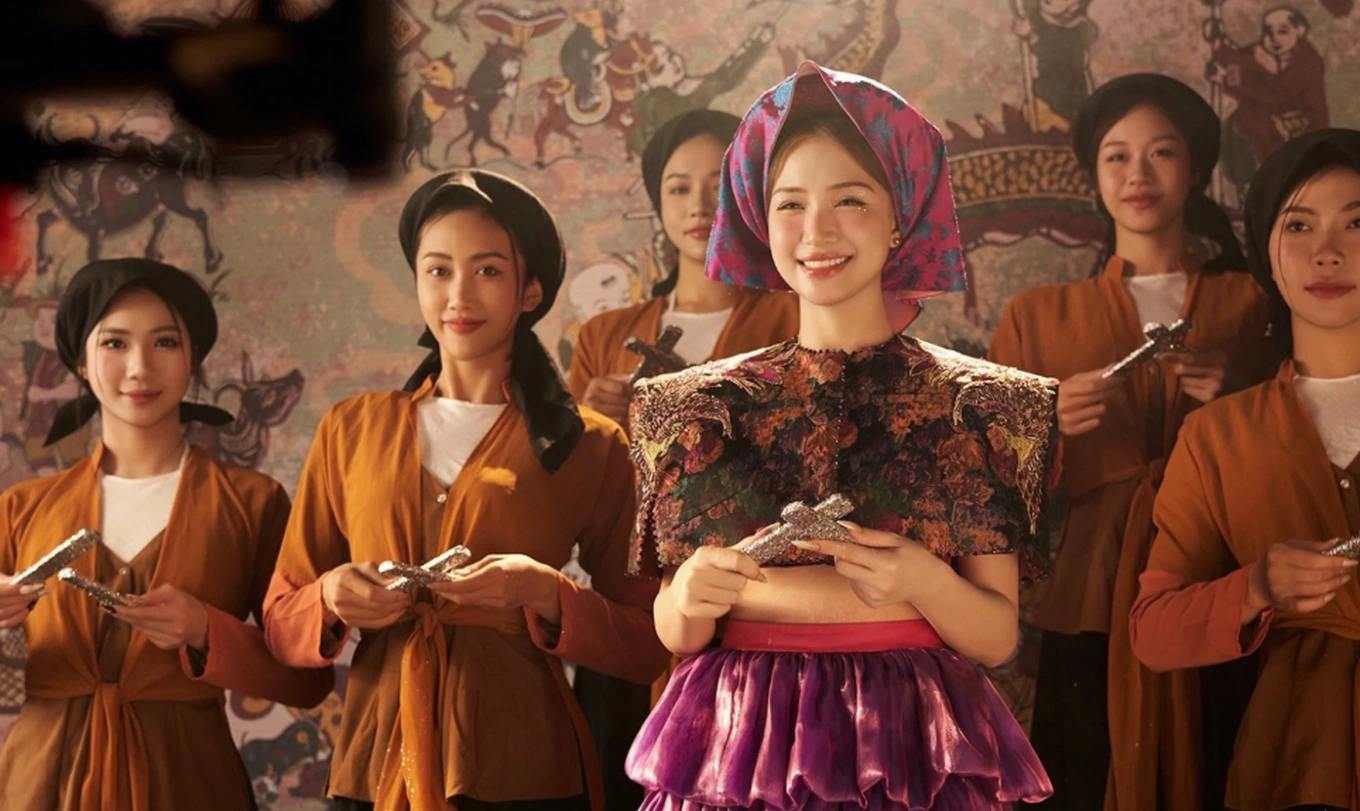
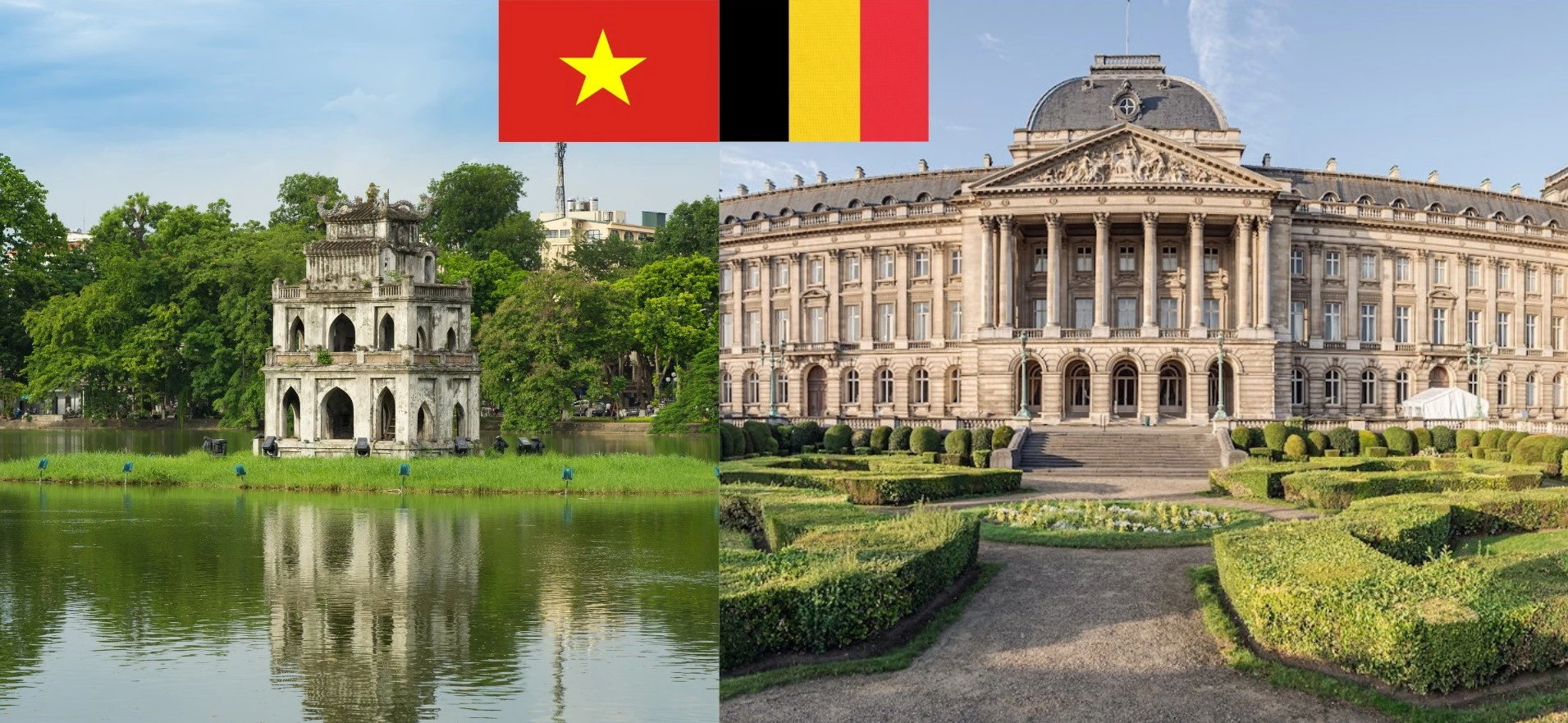
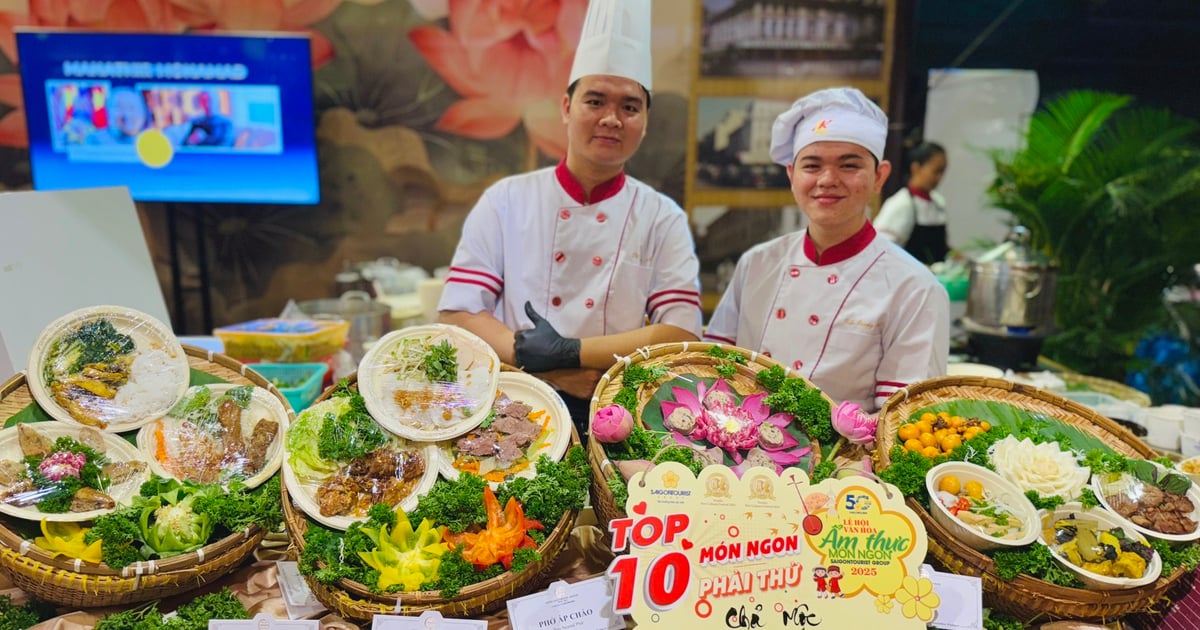

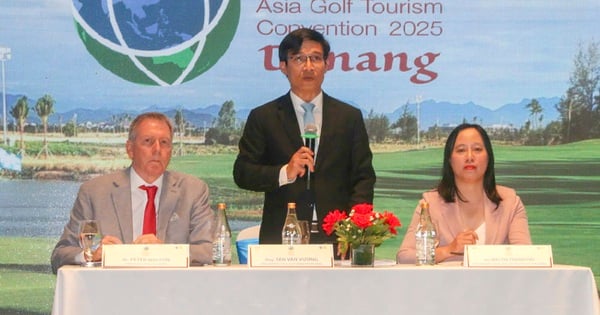

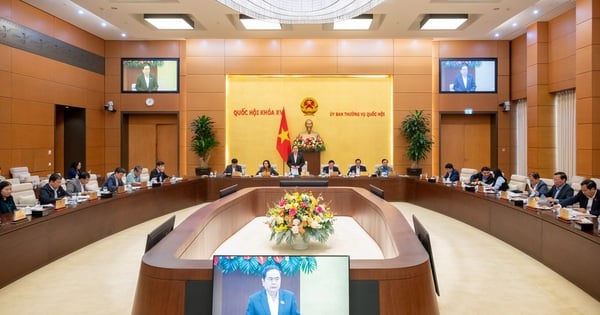
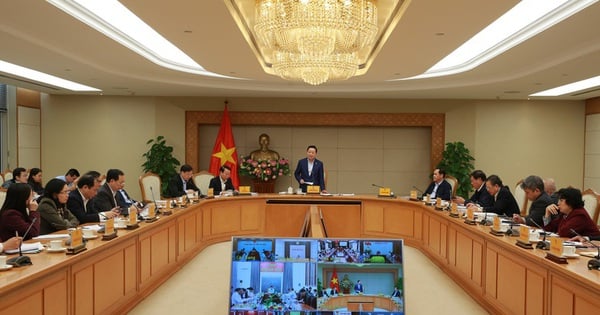
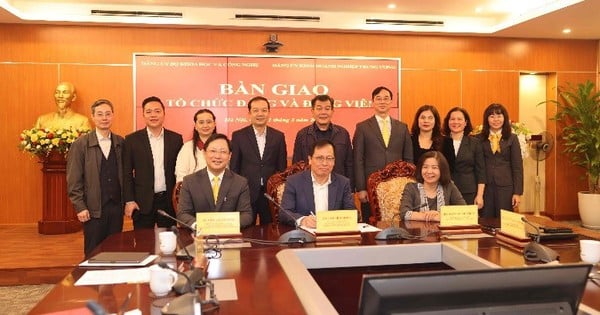




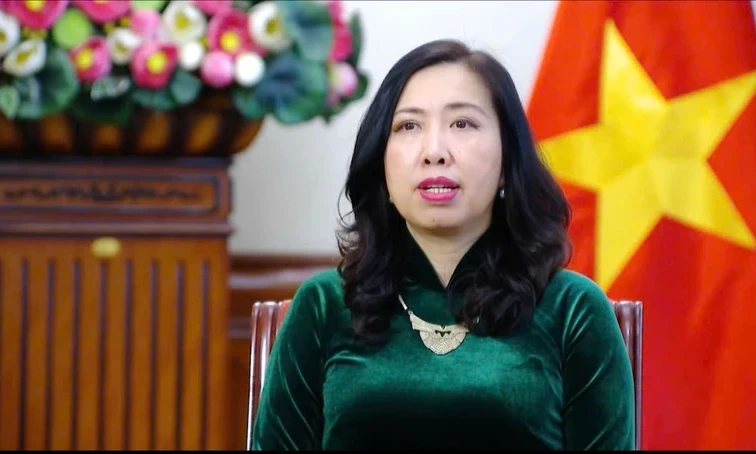

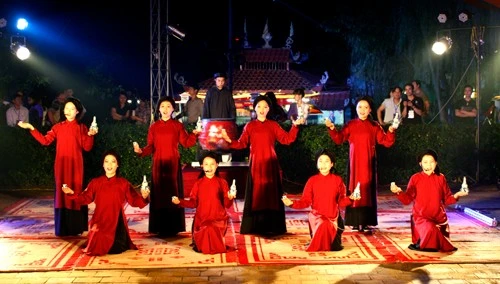

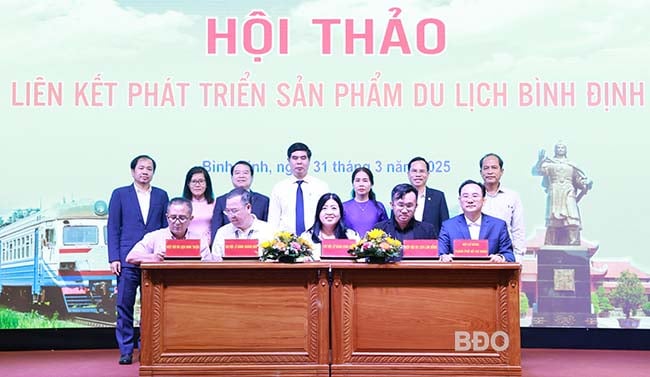
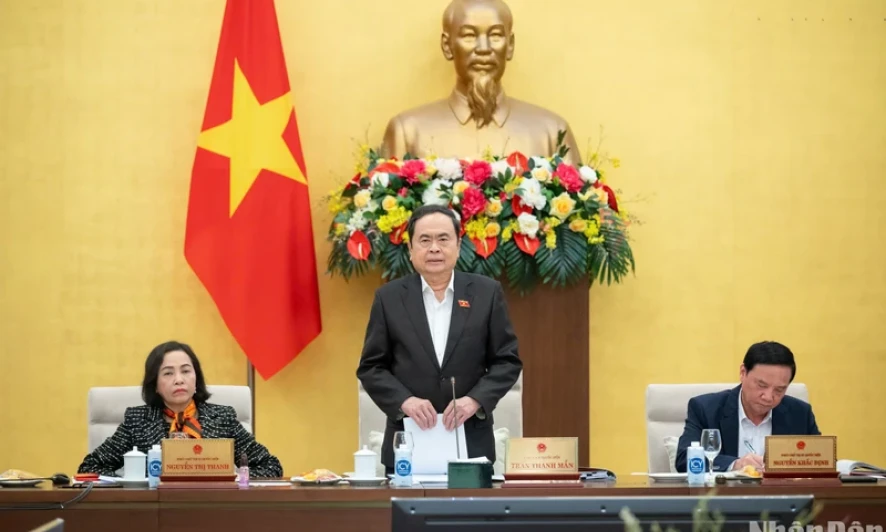











![[REVIEW OCOP] An Lanh Huong Vet Yen Cat](https://vstatic.vietnam.vn/vietnam/resource/IMAGE/2025/3/27/c25032328e9a47be9991d5be7c0cad8c)

Comment (0)